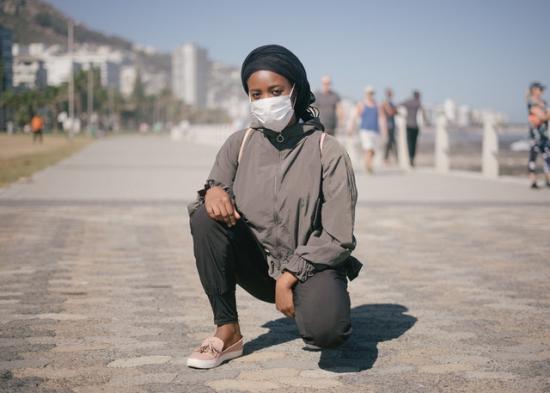How medical bias against black people is shaping Covid-19 treatment and care
Throughout US history, Black people have endured a medical system that has been simultaneously exploitative and dismissive.
The protests that have ignited across the country have been fueled by a powder keg built not just on human rights abuses like police brutality, but also on the disproportionate and dire economic and health impacts of Covid-19.
While the novel coronavirus has negatively impacted the entire nation, Black, Brown, and Indigenous communities are being devastated. Recent data shows that the Covid-19 mortality rate for Black Americans is about 2.4 times higher than for whites. Black people have also been less likely to be referred for Covid-19 testing and medical care.
The discussion around these stark realities — in the media, as well as from government experts such as the National Institute of Health’s Dr. Anthony Fauci and Surgeon General Jerome Adams — has primarily fallen into two categories: the role of individual behavior of Black people (a line of reasoning that is highly problematic), and the role of systemic racism in the labor and housing markets.
Surprisingly, what hasn’t been talked about much is the role of systemic and institutional racism within medical institutions. Throughout American history, Black people have endured a medical system that has been simultaneously exploitative and dismissive. And the damaging implicit and explicit biases present in our medical system do not suddenly vanish because we are in the middle of a pandemic. In fact, the pandemic has made them impossible to ignore.
We are already seeing preliminary evidence of these biases playing out with treatment and care for Black people in response to the Covid-19 pandemic in three key ways:
1) Black people’s health complaints are taken less seriously
According to pilot study data from the Boston-based biotech research firm Rubix Life Sciences, Black patients that exhibited Covid-19 symptoms were six times less likely to receive testing or treatment, in comparison to white patients who exhibited symptoms.
Although this study has not yet been peer-reviewed, it reflects the anecdotal evidence from Black patients and their families who report being refused tests multiple times or being given little to no treatment. Considering the history of medical professionals dismissing the health complaints of women, Black women may be uniquely impacted by this minimization.
2) Black communities are less likely to have the testing and medical supplies they need
In parts of the country, white communities are more likely to have testing sites than predominantly minority communities. For example, according to NPR, Nashville, Tennessee, was unable to get testing equipment and personal protective equipment like masks and gloves to testing centers in neighborhoods of color. And Black neighborhoods in Chicago have experienced lower testing rates than white neighborhoods.
3) Federal and local government has failed to gather the demographic data needed to protect these communities
The Centers for Disease Control and Prevention, as well as many state and local governments, failed to collect and report race and ethnicity information about Covid-19 cases at the beginning of this pandemic. And a significant number of them, like Nebraska and North Dakota, still fail to do so.
According to FiveThirtyEight, 18 states and US territories are not reporting this data, and of those that are reporting this information, “almost every state is missing varying amounts of race and ethnicity data.”





















